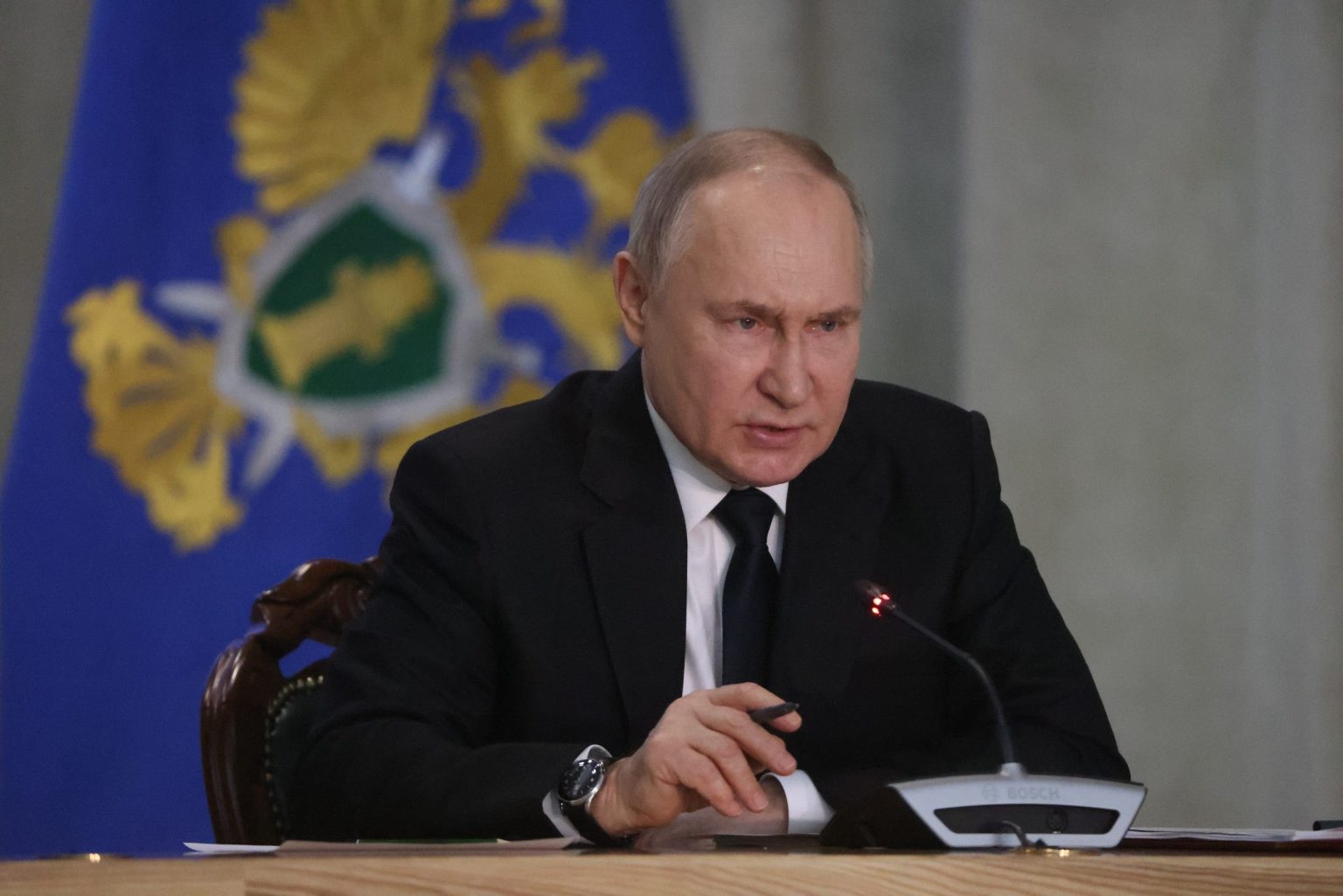Russian officials have accused Ukraine and the West of involvement in the deadly Moscow concert hall attack, despite evidence indicating that the terrorist group Islamic State-Khorasan (ISIS-K) was responsible. Federal Security Service (FSB) chief Gen. Alexander Bortnikov claimed that the attack was prepared by radical Islamists with the help of Western intelligence services and Ukraine. Secretary of the Russian Security Council Nikolai Patrushev also suggested that Ukraine was behind the attack, but investigations are ongoing to analyze all possibilities.
Following the attack, arrests were made, with four Tajikistan citizens detained, and additional individuals accused of aiding terrorism. The attack resulted in the deaths of 139 people and left 22 others in critical condition. ISIS-K claimed responsibility for the attack, but Russian President Vladimir Putin attempted to link Ukraine to the incident by alleging that the suspects had tried to flee to Ukraine through a pre-prepared border “window.” However, National Security Council spokeswoman Adrienne Watson refuted these claims, stating that ISIS alone was responsible for the attack.
Ukrainian President Volodymyr Zelenskyy strongly rejected Putin’s accusations, calling him and other Russian officials “scums” for trying to shift blame to Ukraine as a pretext to continue the invasion of the country. Zelenskyy emphasized that the responsibility for the Moscow attack lies solely with ISIS and criticized Putin for attempting to exploit the situation for personal gain. He argued that Russians are also suffering due to their involvement in the conflict in Ukraine, and Putin’s tactics are predictable and harmful.
In the aftermath of the attack, Russian officials continue to push the narrative of Ukrainian involvement, despite lacking concrete evidence to support these accusations. Gen. Bortnikov and Secretary Patrushev have both insinuated that Ukraine played a role in the attack, prompting skepticism from other countries and organizations monitoring the situation. The ongoing investigations will hopefully shed light on the true perpetrators behind the Moscow concert hall attack and bring justice to the victims and their families.
As tensions between Russia and Ukraine escalate, with Russia stepping up its targeting of Ukrainian cities, the accusations surrounding the Moscow attack add another layer of complexity to the conflict. The situation highlights the ongoing propaganda and disinformation campaigns that both sides are engaged in to shape international perceptions of the conflict and justify their actions. It is crucial for the international community to remain vigilant and informed in order to navigate the complexities of the situation and support efforts for peace and stability in the region.
The Moscow concert hall attack underscores the challenging dynamics of modern warfare, where threats come not only from traditional sources but also from non-state actors and terrorist groups. As countries grapple with these multifaceted threats, it is essential for leaders to exercise caution in making claims and ensure that investigations are thorough and transparent to determine the true culprits behind such heinous acts. The need for cooperation, dialogue, and adherence to international norms and laws is paramount in addressing complex security challenges and preventing further tragedies like the one in Moscow.


